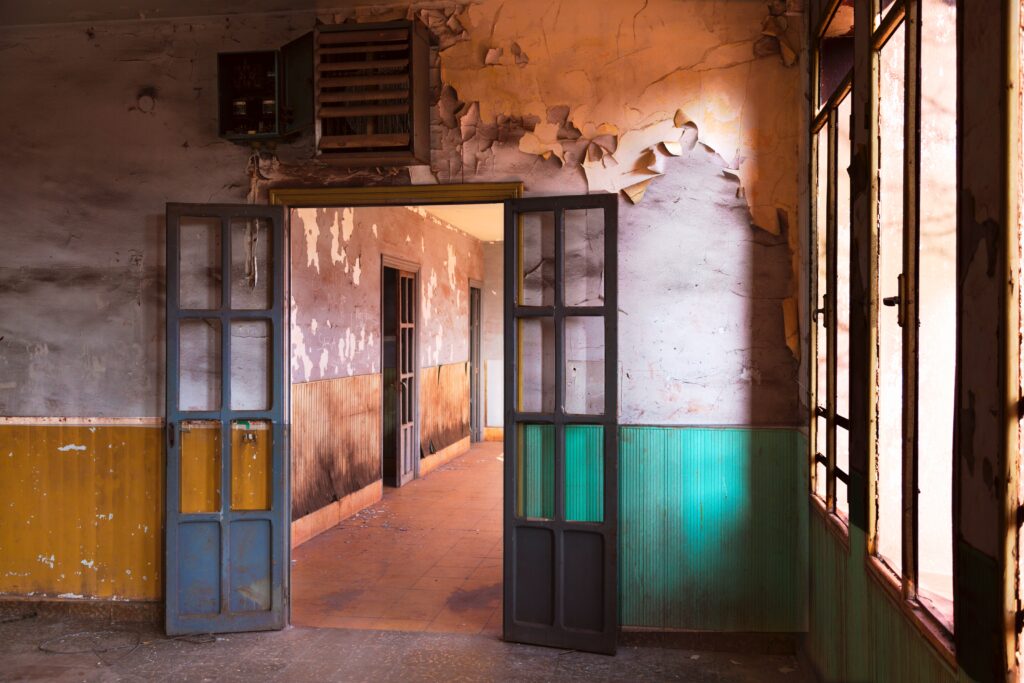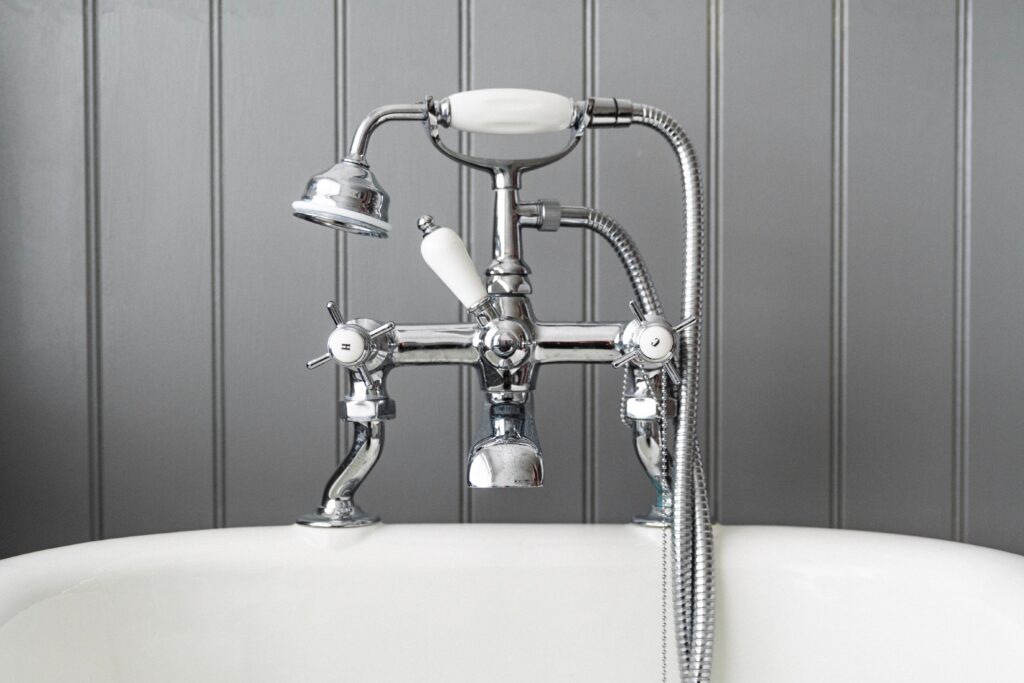You bought an old home and realized the renovations were more than you had planned. Tearing back those old walls revealed stories of construction days gone by. Though it’s nostalgic, it’s not going to benefit you now. What do you do?
This is something Michael and I have learned all too well. A renovation project always takes longer than expected and costs more than you budgeted for. It can feel overwhelming when you see all the needs around your house, but have no idea where to begin.

My tip would be to start with what is costing you the most on your utility bills. Although the cosmetics are the parts you enjoy the most, they can wait. It’s better to do things right than to cover it up with a coat of paint. Your wallet will thank you later. Ask yourself, where are the areas that you’re losing the most heat/ac? That’s where you begin.
How old are your windows? Are the seals broken on them? Are you getting moisture between the panes of glass? Are you freezing every time you sit near the window? It’s time they get replaced.
Windows are one area you don’t want to go cheap on. If you get a good quality window, it’ll last you for decades. Do your research and save up. Factor in what it’ll cost to have someone install it for you too. If you haven’t installed a window before, it might end up costing you more to do it yourself by the time you cut out brick or siding, size it right, frame it without bowing, seal it properly, etc.
Another important item to look at for heat loss is your insulation. Are your walls and floors breathing a little too much? Do you need three blankets on you every winter to stay warm? Running your furnace 24/7? That can all add up. Again, look at the cost of purchasing bags of insulation verses having someone come in and spray it all for you. What kind of R-value do you need? Are your studs long enough for the size of insulation? Is your roof structurally sound or do you need to strengthen it beforehand?
Insulation is typically cheaper if you do it yourself. It’ll take a lot more time, and it may not be quite as shielding as you’d like, but it will most likely save you a few extra dollars. We have insulated a lot of our own house. We’ve done all of our own walls and such. We’ve prepped above the soffits and ran the Moore-vent channels on the inside of our roof. However, we opted for the spray-foam insulation to do the majority of our roof/ceiling on the second floor. We hired someone to come in and do it for us because it was stronger insulation, took up less room, and was safer for an expert to do it than it was for us. Because of the glass pieces and chemicals in insulation, you want to make sure that you wear the proper safety equipment or have someone else do it.
Once you’ve got the windows and insulation redone, check the electrical and plumbing while your walls are exposed. Is there old copper piping? Is your electrical still running on the knob and tube system? These all have to go. For health and safety reasons.
Since the trades are short on people and high in demand right now, something you could consider is running your own electrical wire. Again, make sure to do your research. Know what size wiring you’ll need. Are your electrical boxes ten feet apart? Do you have a ground-fault outlet in your kitchen and bathrooms? Do you have the right materials for your three-way switches and lighting? Another note is to make sure you don’t have too many outlets on the same circuit either. Then, run your wires from the electrical panel to the various outlets, but don’t connect them. Make sure the wires are tacked to the studs and behind the insulation. Then call in an electrician and have them connect all the boxes and breaker box together. It’ll save the electrician time and save you money.
The same goes for a plumber. Though they can be costly, you really don’t want to get your plumbing wrong! Do your research either on how to do it properly and/or who will do the best service for the right price. You don’t necessarily want to go with someone who costs top dollar, but you might not want to go with the bottom dollar either. That’s why taking the time to do your research and understand how plumbing works will give you the knowledge to know who is good in this field of work.

Though most of these tips today are contracted jobs and can be quite pricey, think about your long-term investment. This is something that is worth putting your money into. Your home is one of your greatest investments. It can also cost you a lot in heating/cooling expenses if your house is old.
I would highly go against taking out a loan for renovations though. If you have a loan, you’ll spend more than what’s needed on the house, and you’ll be stuck paying it off for years. The best way to go about it is the old time and money trick. One room at a time. I know it isn’t enjoyable living in renovations for years. Trust me on that one. But it is worth it when you realize that you can afford it. It’ll help you to not overspend more than you can pay for.
If you want to update your house and raise your investment, be wise and do it bit by bit. That way you’ll actually have an investment and not a whack load of debt to show for it. More tips to follow next week




